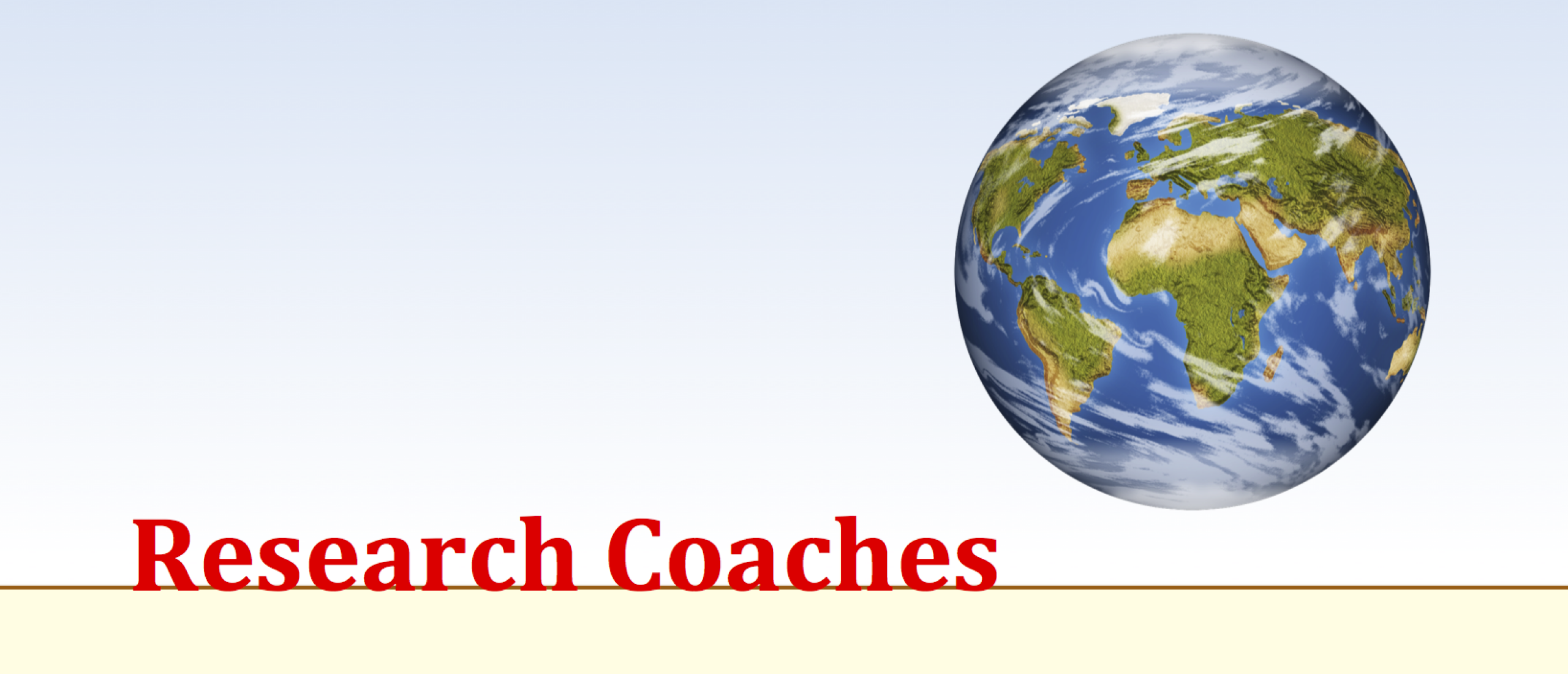- Counterbalancing
- When participants have to go through multiple conditions, collecting the data from an earlier condition can influence the collection of the data in a later condition. Now counterbalancing must be applied. It is a systematic change of conditions to study the effect and minimize the effects due to the order of the conditions.
- Related topics to counterbalancing:
- Mission

Counterbalancing
When participants have to go through multiple conditions, collecting the data from an earlier condition can influence the collection of the data in a later condition. Now counterbalancing must be applied. It is a systematic change of conditions to study the effect and minimize the effects due to the order of the conditions.
Suppose a whole battery of tests is being conducted by the participants. You may start with a running test, a mathematical test, a memory test and a concentration test. These test results may differ if you do them in a random order. A test could be quite exhausting so it influences the results on the next test.
To reduce the impact of one test on the next, the tests should be systematically conducted. If there are only two tests, then make half of the participants start with test A, and the other half with test B. Now the test results give a good idea about the whole research group.
If there are three conditions (A, B and C), this can be systematically conducted as:
- A --> B --> C
- B --> C --> A
- C --> A --> B
- C --> B --> A
- B --> A --> C
- A --> C --> B
With four test there are already 16 possible schedules. In general there are n2 – n possible schedules. It becomes extreme when many tests have to be conducted and everything has to be done systematically. That is why the exhausted schedules are not applied in most researches. Another reason might be that the effect must be investigated thoroughly. If no impact is found - that is there is no differential transfer – it is not necessary to apply counterbalancing. On the other hand, if you really do not know if differential transfer can occur, and if it is easy to apply counterbalancing, then do it.


